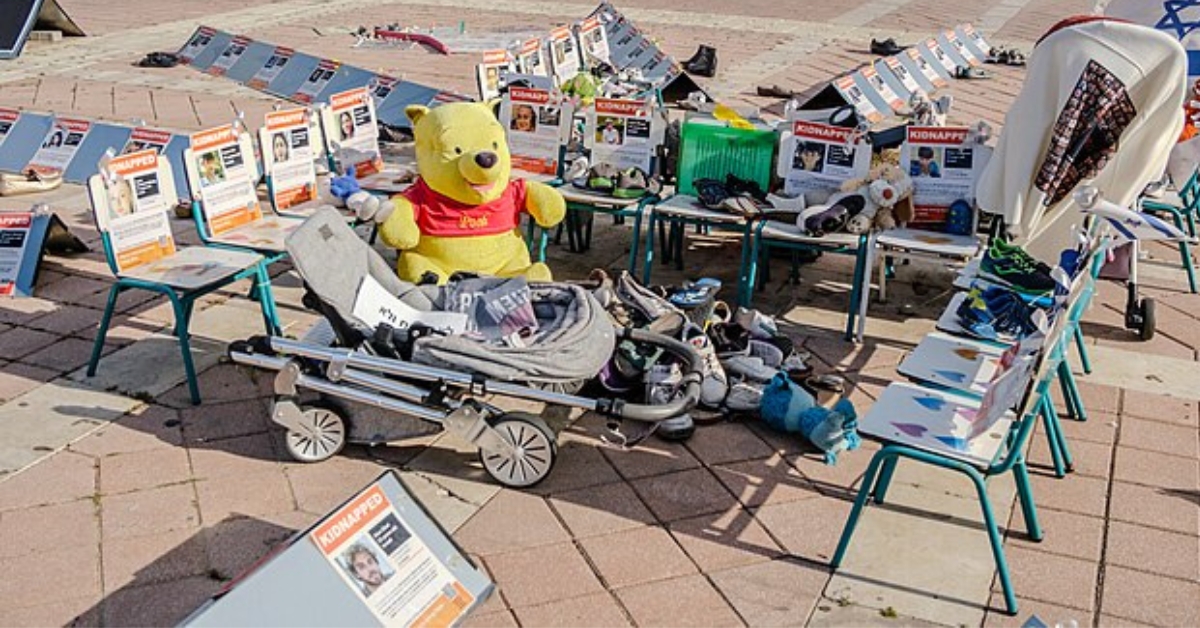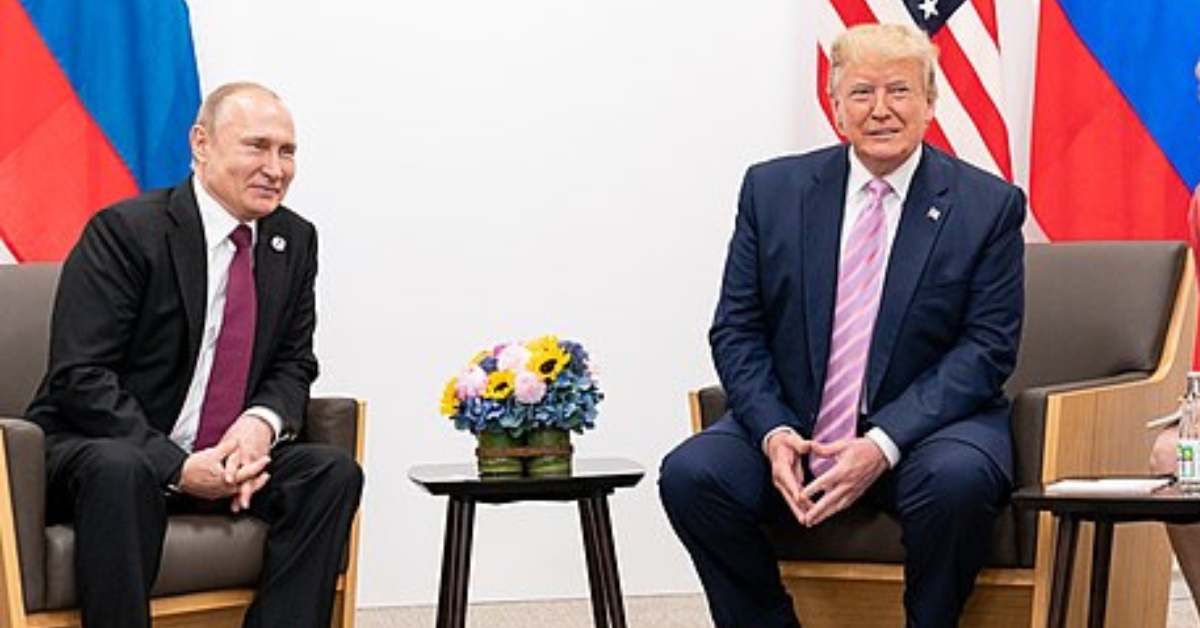
Blinken Announces Support for Ukraine’s Cancelled Election
Secretary of State Antony Blinken made an unannounced visit to Ukraine on Tuesday, delivering a speech where he justified President Volodymyr Zelensky’s controversial decision to postpone elections. In what can only be described as a blatant sidestep of democratic principles, Zelensky remains in power past his term’s end on May 20, with no clear end in sight for his extended tenure. Presidential elections, originally set for March, and parliamentary elections, scheduled for October last year, have both been indefinitely postponed.
The official line from Zelensky and his administration points to Ukraine’s constitution, which forbids elections during martial law—a state first declared when Russia invaded and continually extended since. Yet, in a telling moment, Zelensky himself admitted last year that elections could happen if the US and other Western nations footed the bill and if Ukrainian legislators amended the constitution. Despite this admission, there has been a conspicuous lack of pressure from Ukraine’s Western backers to proceed with elections, even as they tout the proxy war as a noble fight for democracy.
During his speech at the Kyiv Polytechnic Institute, Blinken spoke of the US and Europe’s efforts to help Ukraine build “democratic pillars,” including “free and fair elections.” He stated that a vote could only occur when the “conditions” are right, which, given the ongoing conflict, seems to be an indefinite postponement. However, these assurances ring hollow to many Ukrainians who see their democratic rights slipping away under the guise of wartime necessity.
The timing of this so-called necessity is highly suspect. Recent polls indicate that Zelensky would lose to Gen. Valery Zaluzhny in a presidential election, with Zaluzhny favored by 41% of respondents compared to Zelensky’s 23.7%. Zaluzhny, Ukraine’s former commander-in-chief and newly appointed ambassador to the UK, is rumored to be a strong potential candidate, though he has yet to officially announce his intentions. It’s no stretch to suspect that the delay in elections conveniently benefits Zelensky, keeping him in power amid waning public support.
Meanwhile, Secretary Blinken’s deep involvement in Ukrainian politics raises questions about US motives. His hands are all over this, providing cover for Zelensky’s undemocratic maneuvers while the war drags on with no clear end. Ukrainians are left in the lurch, uncertain when—or if—they will be able to vote again. Despite the heroic narrative spun by Western media, many Ukrainians are rightfully upset, seeing through the veneer of democratic platitudes to the grim reality of postponed liberties.














